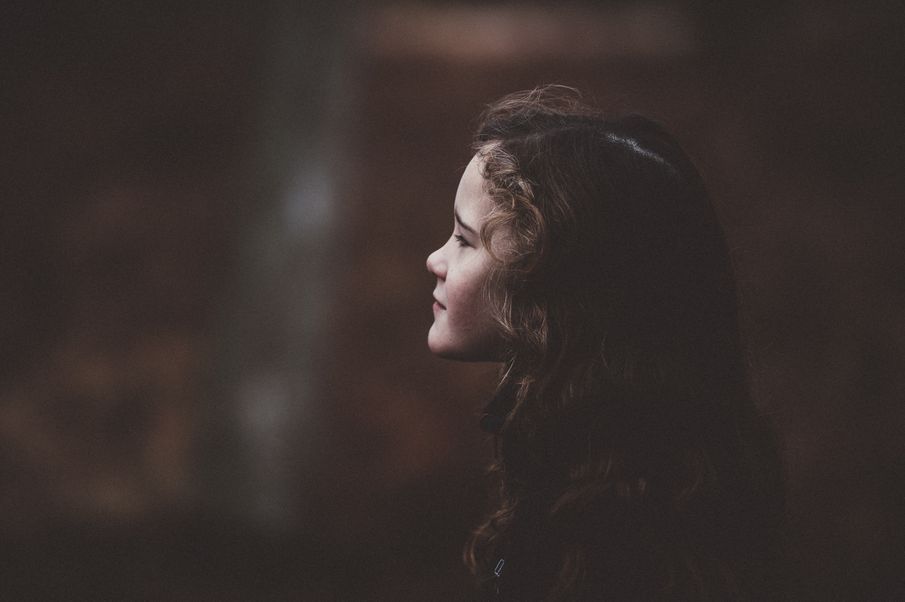Researchers at the University of Missouri-Columbia have discovered that parents and teachers have difficulty recognising depression in children under 12
Katie Herman, professor at the Missouri-Columbia University College of Education said when they asked teachers and parents to rate their child’s level of depression, typically only five to 10% of their ratings overlapped.
“Some people would view that overlap as the truth about a child's well-being and areas of disagreement as errors, but we need to explore the possibility that they each are seeing different aspects of children's behavior and mental health."
Together with education professor Wendy Reinke, Herman completed profile analyses of over 600 children to explore how patterns between student, teacher and parent reporting could be used to create a more rounded picture of the child’s mental health. They discovered that, despite 30% of children reporting that they felt mildly to severely depressed, parents and teachers often failed to recognise them as depressed.
However, parents and teachers were more successful in identifying symptoms that may predict a more long-term risk of depression, including skills deficits and social problems. Researchers suggest this could be crucial, as their research also discovered that children showing mild to severe symptoms of depression in second and third grade (equivalent to primary school years three and four, with children aged seven to nine) were six times more likely to have skills deficits in areas such as social skills and academics when compared with their peers.
Herman went on to explain:
“The gold standard for identifying children who might be at risk for developing depression later in life is to ask the children themselves, however, even if a child doesn't say they feel depressed, certain outward behaviors might provide clues to the state of the child's mental health. It's important for teachers and parents to catch these behaviors early to prevent long-term problems that occur with depression.”
One of the most common mood disorders, NHS figures suggest almost one in four young people will experience depression before the age of 19. While many signs of depression can be misinterpreted as feeling sad, it can be difficult for parents and teachers to identify early symptoms in children and young teens.
Common signs to watch out for in children include:
- Sadness, or low mood lasting for a prolonged period of time
- Being irritable or grumpy
- Complaining or showing signs of being constantly tired or having trouble sleeping
- Isolating themselves from friends or family
- Exhibiting signs of low confidence
- Expressing feelings of worthlessness
- Physical symptoms, including repeatedly feeling sick or experiencing continuing headaches
Action for Children explain 75% of adults experience mental health issues before they turn 18. The sooner we are able to spot the signs a child or teen may need additional help or support, the better.
If you are concerned about your child’s mental health and aren’t sure which signs to look out for, Action For Children’s M-A-S-K can help.
M - Mood
Are they irritable, argumentative, or aggressive towards you? Do they blame you if things go wrong, or do they become withdrawn?
A - Actions
Are they showing any changes in eating or sleeping patterns? Are there any signs of bullying, alcohol or drug use? Are they self-harming?
S - Social
Do they suddenly seem to be bored, lonely, or withdrawn? Have they started getting in trouble recently at school or home? Are they no longer showing interest in hobbies, friends, or school?
K - Keep talking
Are they refusing or reluctant to talk about their feelings? Keep asking how they feel, and keep listening. Make sure they know there’s someone who cares and is there to listen when they are ready.
If you are worried your child may be exhibiting signs of depression, contact your GP or visit Counselling Directory for more information on childhood depression and what you can do to help. For help and advice, Young Minds Parentline (0808 802 5544) offers information and advice for parents of children and young people under the age of 25.


Comments